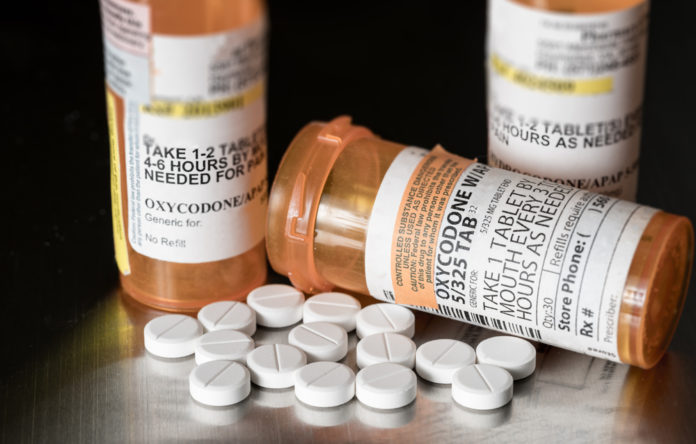Opioid use is dropping in states that have legalized the medicinal use of cannabis.
Two new studies were published Monday highlighting cannabis’ impact on the opioid epidemic. The research indicates that some patients are seeking out cannabis as an alternative to addictive and potentially dangerous opioid-based medications.
Many opioid abusers started out following the orders of their physicians when taking prescribed pain medication. Unfortunately, these medications can cause dependency and patients often seek out dangerous substances such as oxycodone or heroin after their prescriptions run out.
Researchers from one of the study found that patients may be better off never having received the initial prescription for opioid-based medication.
“We do know that cannabis much less risky than opiates, as far as likelihood of dependency,” says W. David Bradford, a professor of public policy at the University of Georgia. “And certainly there’s no mortality risk” from the drug itself.
Bradford’s interest in the topic was motivated by reports from the National Academy of Science Engineering and Medicine citing evidence that cannabis is effective in treating pain. Bradford decided to examine the issue with three other researchers–one being his daughter. They published their findings in the JAMA Internal Medicine journal and found that “there are substantial reductions in opiate use” in states that have medicinal cannabis dispensaries.
Overall, the researchers found a 14 percent reduction in opioid abuse in states with cannabis dispensaries. Having dispensaries resulted in 3.7 million less daily doses of opioid medicines. From 2010 to 2015, Medicare recipients received an average of 23 million daily doses of opioids daily. With widespread acceptance and federal reform, cannabis may be able to drastically reduce the number of patients relying on daily doses of opioid-based medicine.
Another study examining the issue was also published in the same journal Monday. Heidi Wan, lead researcher for the University of Kentucky College of Public Health study reached a similar conclusion.
The authors found that cannabis has “the potential to reduce opioid prescribing for Medicaid enrollees, a segment of the population with disproportionately high risk for chronic pain, opioid use disorder and opioid overdose. Nevertheless, marijuana liberalization alone cannot solve the opioid epidemic.”
Bradford was encouraged by what he and his team found but urged caution.
“It is not without risks,” he says. “Like any drug in our FDA-approved pharmacopeia, it can be misused. There’s no question about it. So I hope nobody reading our study will say ‘Oh, great, the answer to the opiate problem is just put cannabis in everybody’s medicine chest and we are good to go.’ We are certainly not saying that.”











